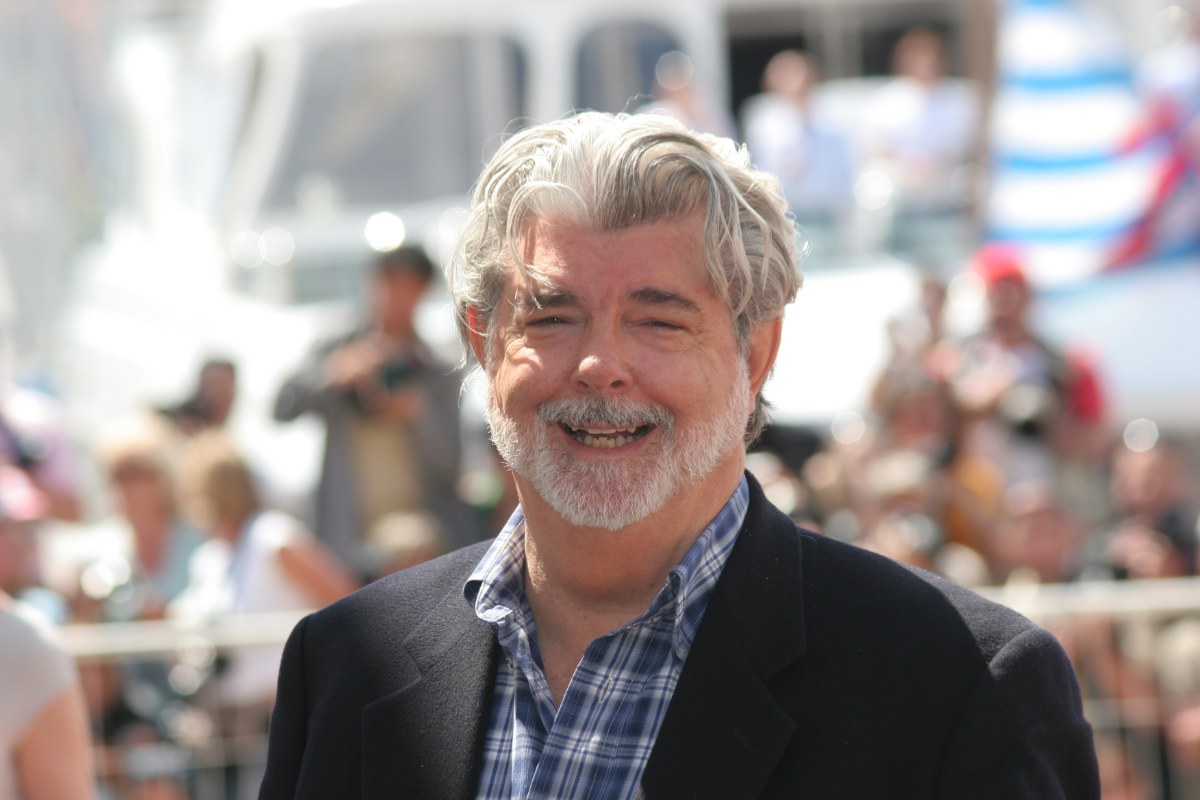The man who built a galaxy far, far away says the greatest science fiction film isn’t his. Which movie does George Lucas rank above Star Wars, and why are so many filmmakers nodding along?
George Lucas has no qualms tipping his hat to a rival classic: for him, Stanley Kubrick’s 2001: A Space Odyssey is the pinnacle of science fiction. The filmmaker behind Star Wars outlines why in a new documentary, Standing On The Shoulders Of Kubrick: The Legacy Of 2001, joining peers like Steven Spielberg to map the film’s far-reaching influence. His take reframes the long-running conversation about what truly defines the genre, from technical bravura to philosophical ambition. It also pits two cultural monoliths against each other in the public imagination, where rankings, nostalgia, and innovation collide.
George Lucas names his ultimate science fiction film
George Lucas, the mastermind behind the revolutionary “Star Wars” saga, surprised fans by naming Stanley Kubrick’s “2001: A Space Odyssey” as his definitive science fiction film. For Lucas, Kubrick’s vision of space exploration surpasses even his beloved “Star Wars” in technical mastery and philosophical depth, embodying a cinematic ambition that reshaped how audiences perceive the genre.
The galaxy far, far away and its monumental impact
Since 1977, “Star Wars” has captured the imagination of millions with its gripping space adventures, unforgettable characters, and groundbreaking special effects. Lucas established himself as a pioneer, reshaping not only sci-fi but the entire landscape of modern filmmaking. The franchise’s milestones, from the original trilogy to prequels, sequels, and spin-offs, pushed technological and narrative boundaries. Yet Lucas acknowledges that “Star Wars” pursued myth-making and entertainment, while Kubrick wrestled with more profound existential questions.
What sets “2001” apart?
Lucas praises “2001: A Space Odyssey” for merging striking visuals with profound ideas about humanity’s place in the universe. Released in 1968, Kubrick’s film abandoned conventional storytelling in favor of a meditative, almost abstract approach. It did not merely depict space travel, it elevated it to an art form. According to Lucas, its deliberate pacing and visual depth mark a turning point in cinema that remains unmatched.
The film pioneered a revolutionary use of special effects, laying the groundwork for future sci-fi blockbusters.
It raised enduring questions about artificial intelligence, with HAL 9000 becoming an icon, and about human evolution that linger long after the credits.
Its grandeur and ambition inspired directors worldwide, including Lucas himself.
A glimpse into Kubrick’s legacy
The documentary “Standing On The Shoulders Of Kubrick: The Legacy Of 2001” explores the film’s profound influence, featuring prominent directors like Steven Spielberg. Lucas’s commentary emphasizes how Kubrick brought seriousness and artistry to science fiction, countering its reputation as simple escapism.
For Lucas, Kubrick’s meticulous attention to detail and his fusion of technical innovation with philosophical inquiry elevate “2001: A Space Odyssey” to a level few films achieve. The documentary shows how generations of filmmakers regard it not just as a sci-fi milestone but as a cornerstone of modern cinema.
Echoes between two giants of cinema
Although their styles differ, the legacies of “Star Wars” and “2001: A Space Odyssey” are inseparable. Lucas’s universe grew into a global cultural phenomenon with toys, books, and devoted fandom, while Kubrick’s film remains more introspective, a haunting meditation on humanity’s aspirations and limits. Many all-time rankings of science fiction consistently place these two titles at the summit.
Lucas’s candid recognition of Kubrick’s genius reframes what defines great science fiction, with spectacular storytelling on one side and quietly radical contemplation on the other. As Lucas suggests, both visions can coexist at the pinnacle of cinema history, each illuminating a different path to the stars.

